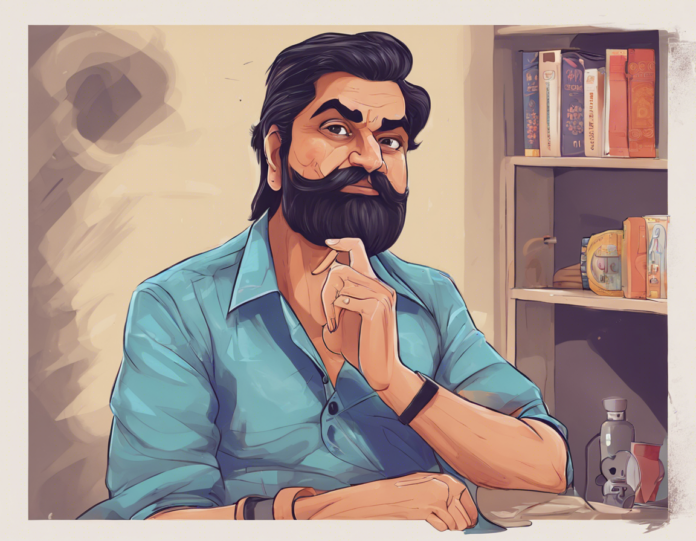What Does “Mi Ka Baap Kaun Hai” Mean?
“Mi ka baap kaun hai” is a phrase used in India, specifically in Hindi-speaking regions, that translates to “Who is your father?”. It is often used as a confrontational or aggressive question meant to challenge someone’s authority or legitimacy.
Understanding the Cultural Context
In Indian culture, relationships and respect for elders are paramount. Addressing someone’s father in a conversation is considered a direct challenge to their lineage, authority, and honour. Thus, asking “Mi ka baap kaun hai” can be seen as a disrespectful or aggressive move meant to provoke a reaction.
Historical Significance
This phrase has deep historical roots in the Indian subcontinent, where lineage, ancestry, and family heritage have always been of great importance. In the past, people’s identities were closely tied to their family backgrounds, and questioning someone’s father was a way of questioning their entire social standing.
Modern Usage
Although India has evolved significantly, and social interactions have become more nuanced, the phrase “Mi ka baap kaun hai” still holds power in certain contexts. It can be used in a playful or joking manner among friends who are teasing each other, but it can also escalate quickly into a heated exchange if used in a confrontational way.
Implications and Response
When someone is asked “Mi ka baap kaun hai”, the response can vary depending on the intent behind the question. Some may choose to respond assertively to assert their authority, while others may brush it off or respond humorously to defuse the tension.
How to Navigate the Situation
If you find yourself in a situation where someone asks you “Mi ka baap kaun hai”, it’s important to assess the context and tone in which it is asked. Responding calmly and confidently can help defuse the situation and prevent it from escalating into a conflict.
FAQs (Frequently Asked Questions)
Q1: Why is “Mi ka baap kaun hai” considered offensive?
A1: In Indian culture, questioning someone’s father is seen as a direct challenge to their authority and lineage, which can be perceived as disrespectful and offensive.
Q2: How can one respond to “Mi ka baap kaun hai” in a light-hearted manner?
A2: One can respond humorously by saying something like, “Well, I come from a long line of superheroes – my father is Batman!” to deflect the seriousness of the question.
Q3: What are the implications of not responding to “Mi ka baap kaun hai”?
A3: Not responding to the question can sometimes be interpreted as a sign of weakness or lack of confidence, potentially inviting further confrontation.
Q4: Is “Mi ka baap kaun hai” only used in Hindi-speaking regions of India?
A4: While the phrase is predominantly used in Hindi-speaking regions, similar expressions questioning someone’s lineage or authority can be found in other Indian languages and cultures.
Q5: How can one de-escalate a situation where “Mi ka baap kaun hai” is asked aggressively?
A5: Remaining calm, using humor to lighten the mood, or redirecting the conversation can help de-escalate a tense situation and prevent it from escalating further.





